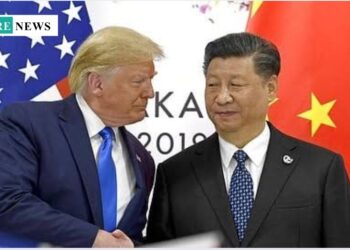By Hamza Yakubu
In the heart of Africa’s largest oil producer, with a crude oil production averaged at over 1.4 million barrels per day, a paradox unfolds daily on the streets of Nigeria. The fuel situation in the country is not just a matter of economics, but a reflection of the deep rooted challenges facing the nation. Despite towering over the world with our rich crude oil reserves, the nation still finds itself at the mercy of fuel scarcity and reliance on imported petroleum products. The recent scarcity of fuel has only fueled the flames of our economic crisis, leaving motorists and passengers grappling with soaring prices and rampant shortages.
As the Nigerian National Petroleum Company Limited grapples with offloading 240 million litres of petrol from five vessels at five depots, the irony of the situation hits hard. How can a nation so abundant in black gold be reduced to importing its lifeblood, fuel? When will the day dawn when Nigeria can refine its crude oil and step out of the shadow of foreign dependence?

Despite being Africa’s oil powerhouse, Nigeria’s struggle with fuel importation speaks volumes about the deep-seated inefficiencies plaguing the nation. Infrastructural inadequacies and institutional inertia have shackled the country, preventing it from realizing its true potential. The faces of motorists and passengers contorted with frustration at the pump tell a tale of a nation teetering on the edge of self-sufficiency.
The time for change is now. The rhetoric of refinery projects must be transformed into concrete action, we can not continue to be spending billions of dollars on fuel import. Nigeria cannot afford to dance to the tune of the global oil market any longer. The sovereignty and prosperity of a nation rest on its ability to harness its resources for the benefit of its people. It is imperative for the present administration to rise above the specter of imports and pave the way for a future where fuel scarcity is but a distant memory.
As Nigeria grapples with the scars of a mismanaged bounty, it is time for its leaders to script a new narrative. The shackles of imported fuel must be shattered, and the nation’s oil wealth harnessed for the prosperity of all.







































